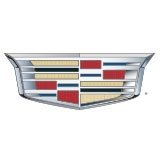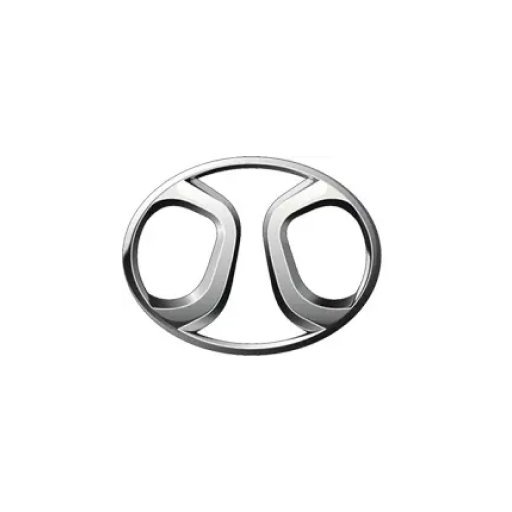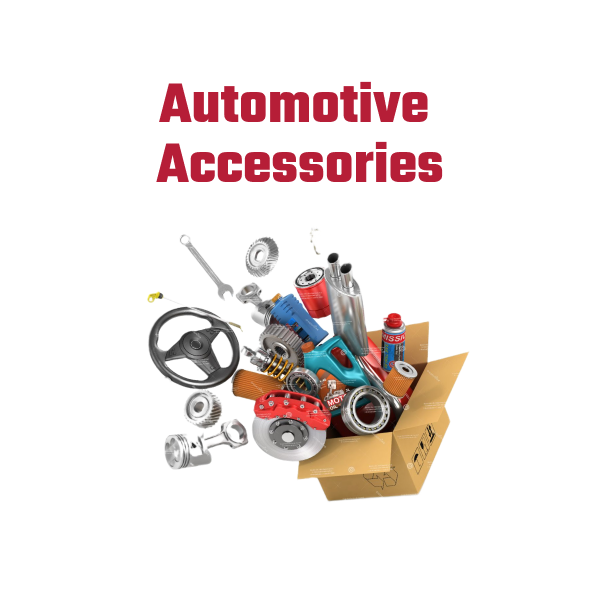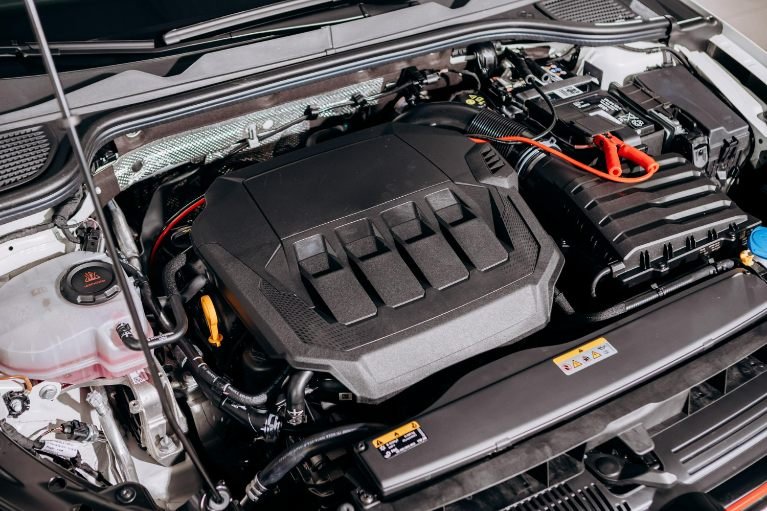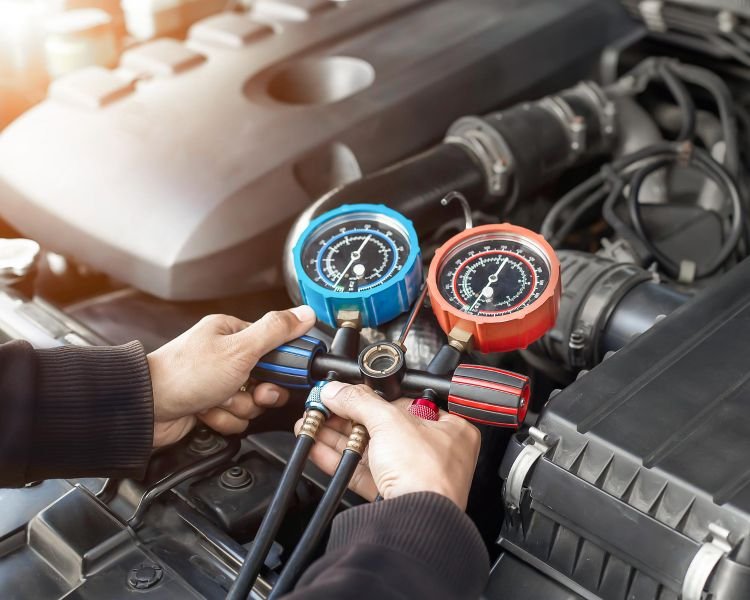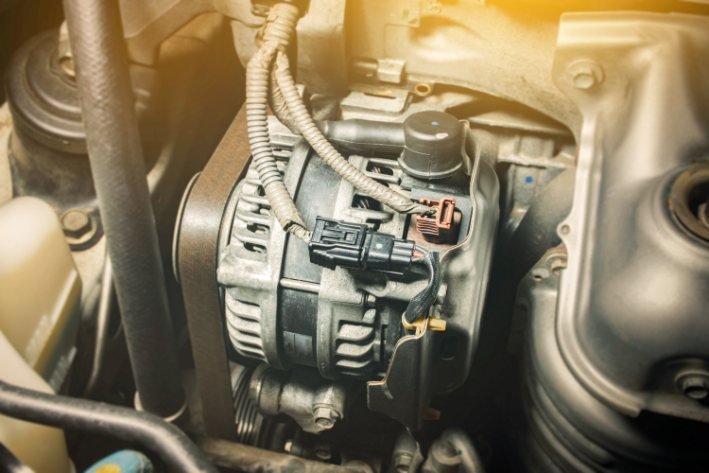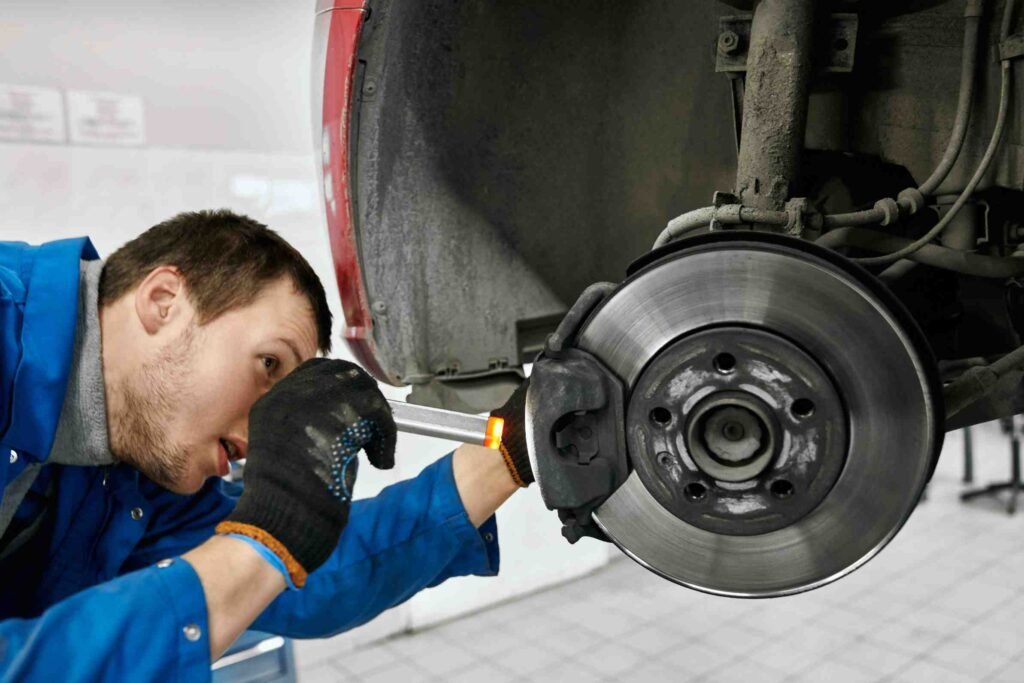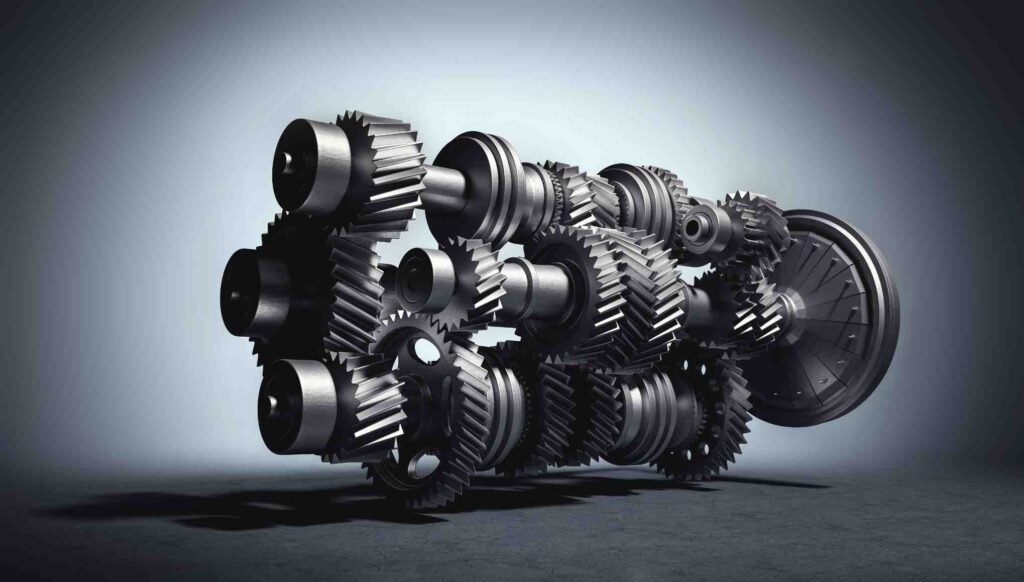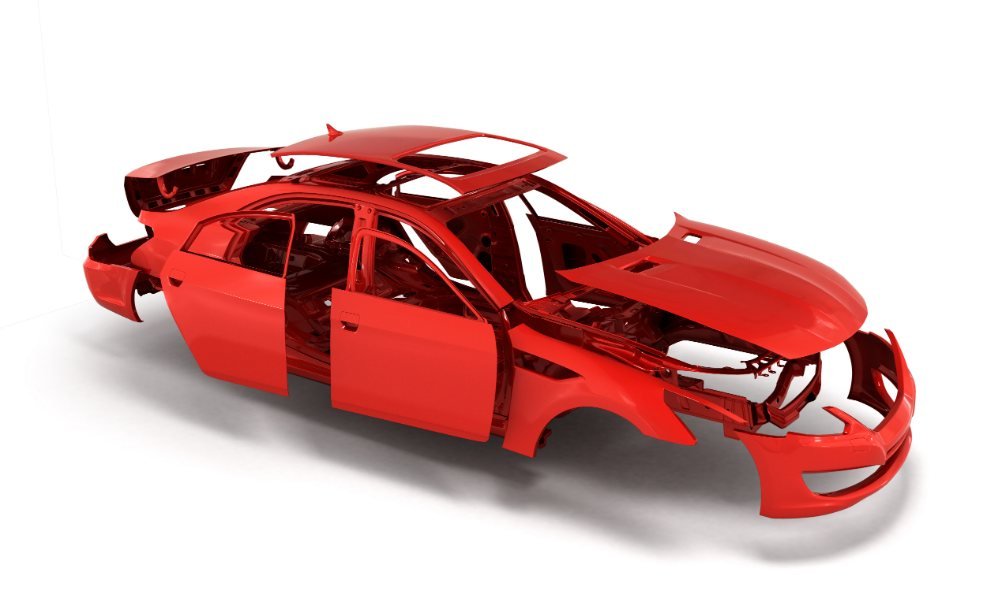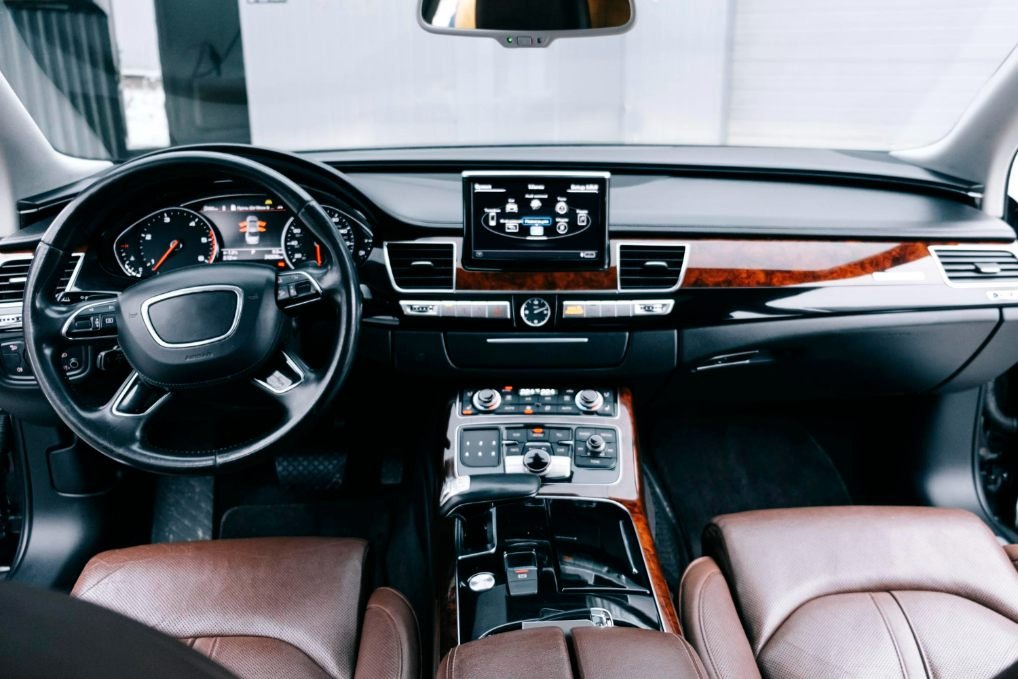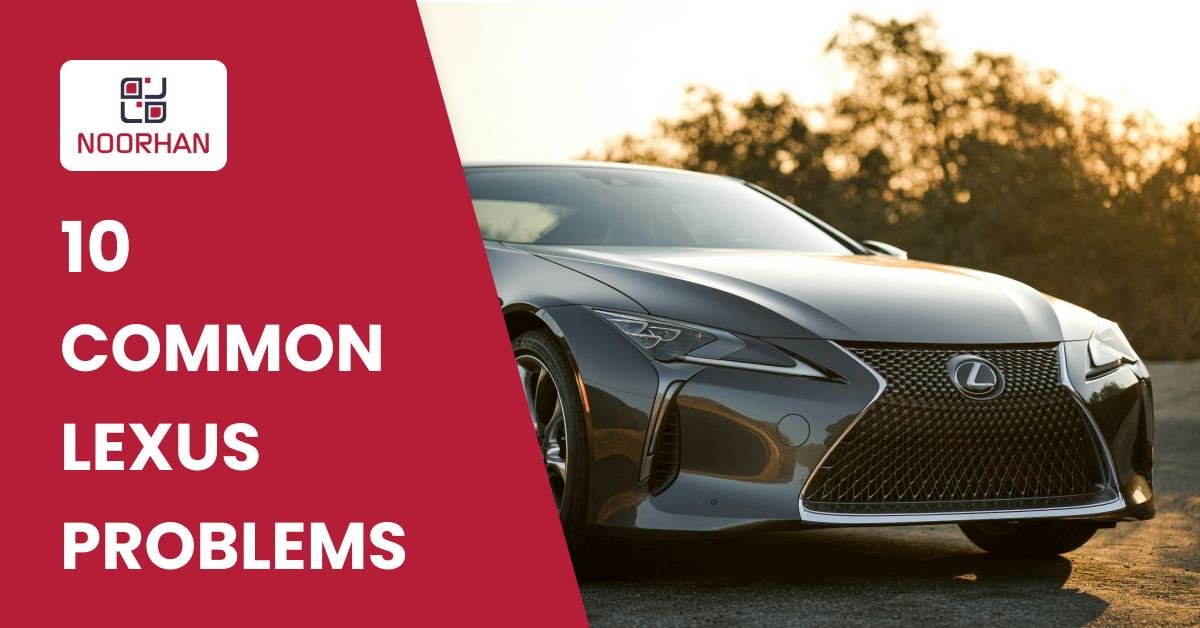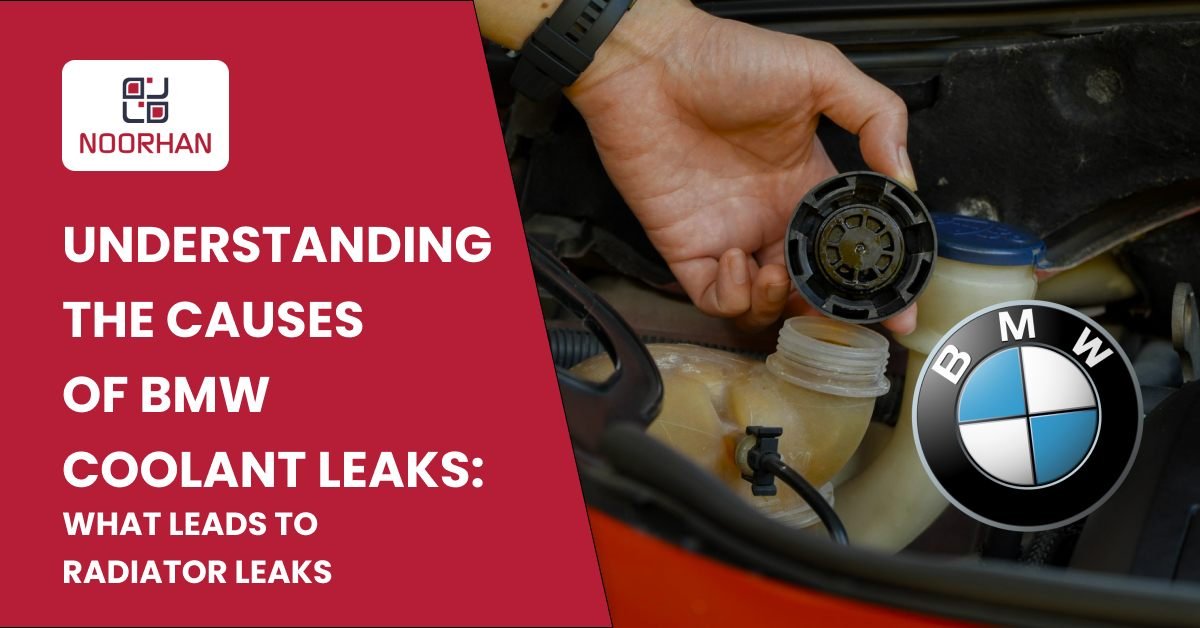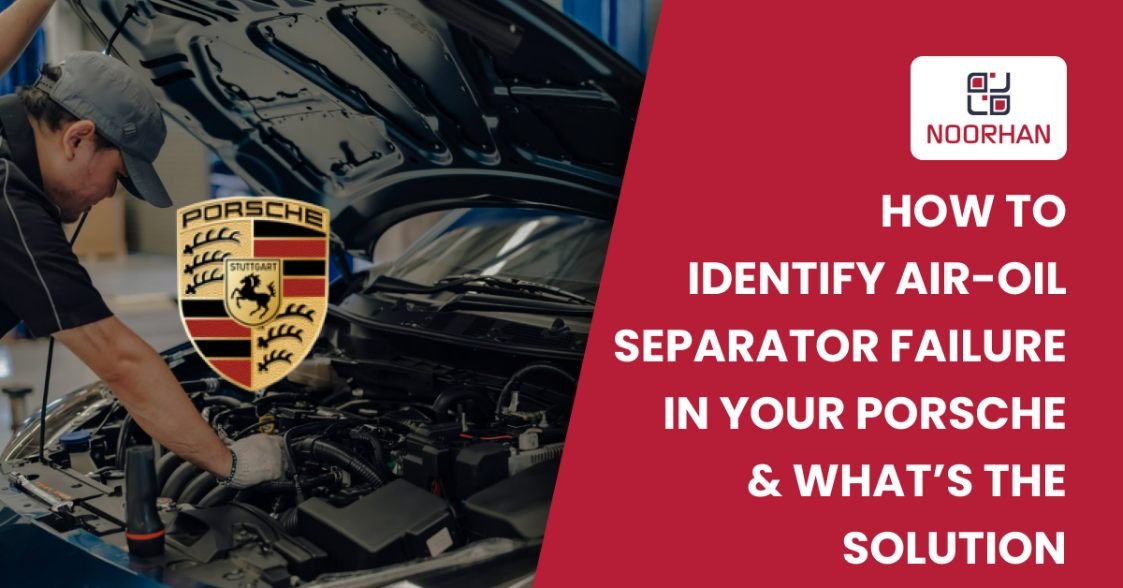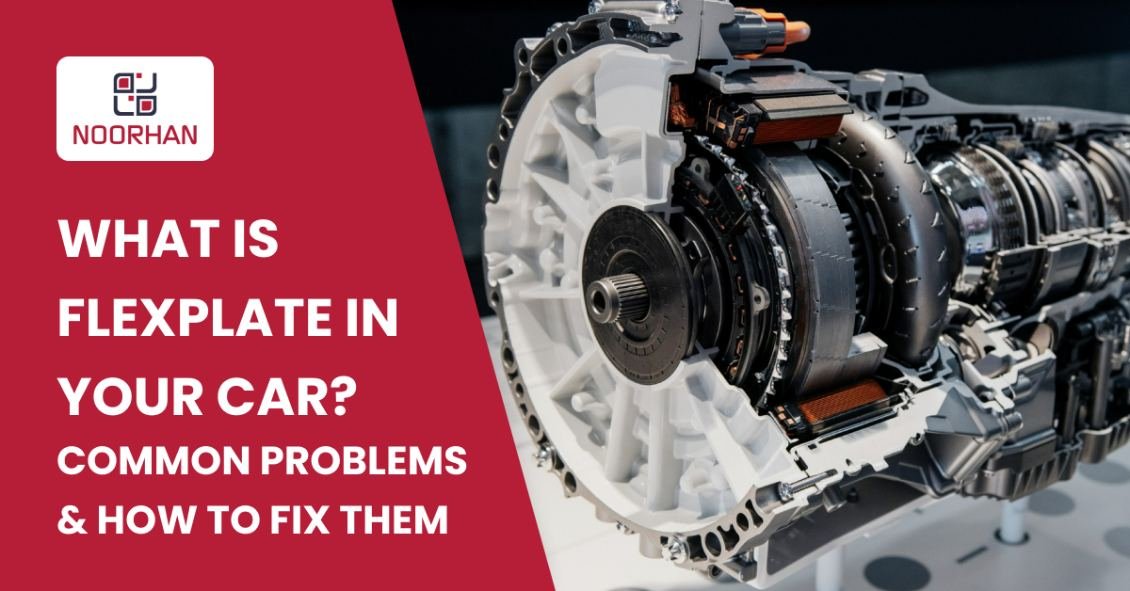-
Car jerking? Here are the possible causesCar jerking? Here are the possible causes
-
1. A blocked catalytic converter1. A blocked catalytic converter
-
2. Faulty spark plugs2. Faulty spark plugs
-
3. Worn-out accelerator cable3. Worn-out accelerator cable
-
4. Dirty injectors4. Dirty injectors
-
5. Dirty engine5. Dirty engine
-
6. New part installed in your car?6. New part installed in your car?
-
7. Check the air filter?7. Check the air filter?
Minor problems in your car are common. It is nothing but a machine prone to wear and tear. However, some problems are more serious than others and need your immediate attention. We are talking about ‘car jerks’.
For most of us, driving is a stressful job in itself. In the middle of that stress, you don’t want a sudden jerk to distract you from the road. But as much as you try to avoid this problem, it can sneak up on you and catch you off-guard.
Car jerking? Here are the possible causes
When accelerating, starting the engine, or even while maintaining a constant speed, if your car jerks, don’t ignore this problem. This problem might have a variety of causes, such as issues with the ignition system, fuel supply, engine, or exhaust pipe. Even your engine light might start glowing to alert you to an issue.
Car jerks can be extremely dangerous and increase the risk of serious traffic accidents as well as car damage.
By addressing the issue at the first sign of trouble, you can avoid these accidents. We care for your safety on the road. This is why we have compiled a list of possible causes of car jerks and their temporary solutions.
Recommend Read: AC Compressor: An Important Part of Your Car
A blocked catalytic converter
A blocked catalytic converter may be the cause of car jerks. The converter is responsible for controlling the dangerous gas emissions produced during combustion. When it is blocked, these gases don’t get a chance to move out. In addition to the jerking, you will experience the following symptoms if your car has a blocked catalyst.
- The ‘Check engine’ light will come on
- Your car will jolt when accelerating
- Your vehicle’s fuel efficiency will drop
When you accelerate and the converter is blocked, you’re simply putting more pressure on the converter. In this case, your car will react with a sudden jerk or forward lunge.
A blocked catalytic converter indicates issues with other parts of the car. It’s possible that another component of the engine is leaking fuel, oil, or another fluid into the apparatus. Leaded gas could also be one of the reasons although it’s becoming less accessible. Unburned gas could enter the catalytic converter as a result of an exhaust valve leak. This will cause overheating and your car will jerk while accelerating.
What to do now?
Unfortunately, replacing the catalytic converter involves a huge cost. It’s better to be sure that your catalytic converter is the real problem before you get a professional to replace it for you.

Car Troubles? Show it to the experts!
Pick up
Service
Drop Off
Get 10% OFF on Sign Up
Faulty spark plugs
A spark plug or one of its cables having a problem can also cause your car to jerk. If your automobile jolts when you start it in the morning, this is definitely the case. While the symptoms are extremely similar to those of a blocked catalyst, look out for the following signs before you blame it on the spark plugs:
- Your engine will make a louder noise than it usually does.
- Your car will jerk not only when you accelerate but also when you turn on the ignition key..
In combustion engines, the spark plug works to transform electrical energy from the battery into a real spark that ignites the aerated fuel. For the fuel to light up, it must come into touch with the plug’s tip. A dirty spark plug won’t let this happen. The same thing occurs if the spark plug or the electrical cable connected to it is defective.
The car won’t start if the fuel cannot ignite. Your car is jerking because it has as many spark plugs as there are fuel cylinders. Some of them might be effective, but the ones that are ineffective cause car jerks. This is one justification for changing all of your spark plugs at once, even if some still have a little life left in them.
What to do?
Fortunately, you might not need to replace the spark plugs if dirt or grime is the issue. Instead, you can clean them up to get rid of car jerks. This will likely be a short-term fix. If the problem persists, you may need a mechanic to help you with it.
Worn-out accelerator cable
Although the majority of cars on the road have drive-by-wire electronic throttle control, many still use physical accelerator cables (also known as throttle cables). It serves as a mechanical interface between the throttle plate and the gas pedal.
This accelerator wire may deteriorate over time. When you press on the gas, the car will react more slowly and lurch instead of accelerating smoothly.
As the cable can break and cause the car to cease working, a broken cable needs to be repaired right away. Take it to a reputable mechanic to make sure the replacement is done correctly.
Apart from a stiff accelerator cable, there can be other indicators as well:
- Your car will take longer to reach when you press the accelerator.
- You will also see that the accelerator cable’s outer coating is damaged.
What to do?
The best thing to do in case of a worn-out accelerator cable is to replace it right away. If you don’t, there’s a chance the cable will break which could result in a dangerous accident. You should consult a mechanic if you are unclear about how to do this.
Dirty injectors
A car’s engine is made up of several complex systems. These systems circulate fuel to burn and produce propulsion. This causes dirt and grime to accumulate around the engine. If this dirt or debris gets on the injector, your car will make jerking movements.
You might also notice the following signs if your automobile is jerking as a result of unclean fuel injectors:
- Loss of power in your car.
- You’re traveling at a constant speed, but your engine frequently misfires and stutters or jerks.
What to do?
Dirty fuel injectors may not be the most problematic reason behind car jerks but they sure can lead to other engine issues. To prevent future expensive damages, it is best to clean these injectors from time to time. Use a specialised cleaning kit if you’re doing this task on your own.
Dirty engine
Wear and dirt are the most common reasons behind car jerks. Driving down dusty roads won’t leave you with a clean engine. It makes sense that the engine would get similarly dirty if your car is old or has been operated in unclean environments. To keep the engine operating smoothly, there are some specific engine parts you should examine.
What to do?
If your fuel filter gets blocked, waste may start to build up in other engine components. You should learn how to identify a bad gasoline filter to prevent this from happening. If you know what you’re doing, you can complete this on your own. It can be extremely dangerous if you don’t clean and reinstall it properly, so you should take the automobile to a repair shop.
Did you have a new part installed in your car?
Even if we all believe the technicians with our beloved car, it is possible that they did not perform their duties to the highest standard. For instance, if your automobile jerks after a rack and pinion steering replacement, the installation may have been poor. Bring the vehicle to a different mechanic, preferably one recommended by a reliable friend and ask them to inspect the problem.
Did you check the air filter?
Your car needs a clean air filter in order to function effectively. The amount of air that is available for the engine to effectively burn is reduced when your air filter is unclean.
The purpose of the air filter is to keep dirt and other debris out of the engine. Some of the accumulated dirt may enter if the filter is too dirty. If this occurs, your automobile can start to jerk. You can avoid clogging by keeping an eye on the filter’s cleanliness and you’ll need to replace it when it gets too dirty to clean.
It’s important to note that these are common reasons why a car can jerk, but there may be other issues as well. If your car is experiencing engine hesitation or jerking, it is best to take it to a mechanic for a proper diagnosis and repair. Regular maintenance and tune-ups can also help prevent these issues from occurring in the first place.
Final thought…
In conclusion, car jerking can be caused by a variety of factors, from dirty fuel injectors to faulty mass air flow sensors to transmission issues. It’s important to identify the underlying cause in order to properly diagnose and fix the issue. Regular maintenance and tune-ups can also help prevent these issues from occurring in the first place. If your car is experiencing engine hesitation or jerking, it is best to take it to a mechanic for a proper diagnosis and repair.





















